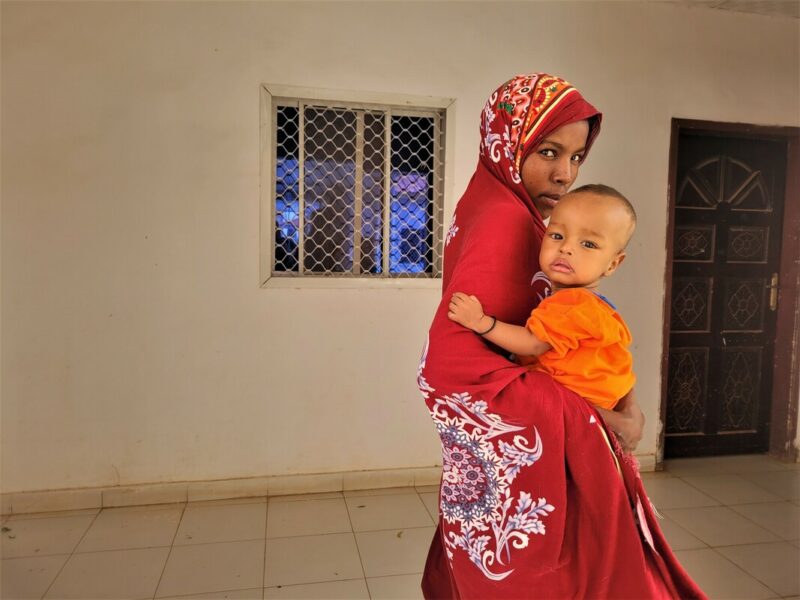Around the world, at least 150 million more women go hungry than men, and the gap is growing immensely, a new report from the international aid organisation CARE reveals.
The report shines a light on a crucial but overlooked element of the global food security crisis, which is being fuelled by climate change, the pandemic, and the war in Ukraine.
CARE Australia CEO, Peter Walton, said: “We know food prices are going up at home and abroad, we know there’s a real risk of unprecedented famine, but what’s rarely talked about is how unequally and unfairly this is experienced by women. This is the food security statistic you rarely hear about, and it’s getting worse, fast.”
In 2018 there were 18 million more food insecure women than men, and data from the UN’s Food and Agriculture Organisation shows this jumped to 150 million in 2021. That means the gender hunger gap got 8.4 times wider in just three years.
“What’s really concerning is that this is a reversal of progress — until recently the gap was shrinking. That’s reflective of a reversal of gender equality gains more broadly, with the UN warning generations of progress by women’s rights movements is being undone,” Mr Walton said.
The Asia region — which includes Australia — is reflective of the global picture. In 2021, around 13% of women and around 10% of men in the region were severely food insecure.
“More women than men go hungry for the same reason more women than men live in poverty — they’re denied their fair share of resources and opportunities. The pandemic has exacerbated this, with women bearing the brunt of job losses and income losses because they’re overrepresented in insecure work, amongst other reasons,” Mr Walton said.
The report highlights that despite experiencing more hunger, women play a vital role in food production at all levels. Investments in women farmers, for example, have been shown to improve food security for the community as a whole.
“Closing the gender hunger gap requires the same solutions as closing the gender gap overall — women must have equal rights, resources and opportunities,” Mr Walton said.
“Food is one of the most foundational human needs — without equal access to nutritious food, the rest of the gender equality project falls down.”
For interviews, images and case studies contact Iona Salter on 0413 185 634.

